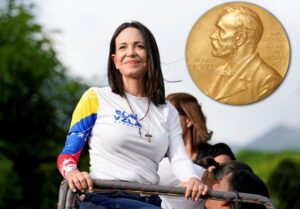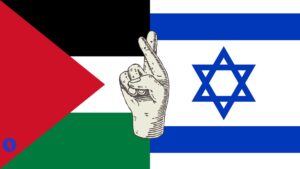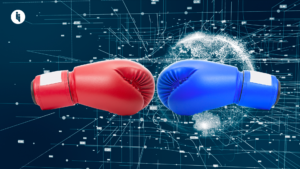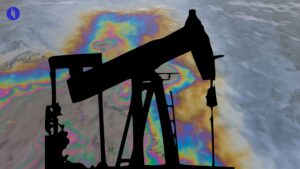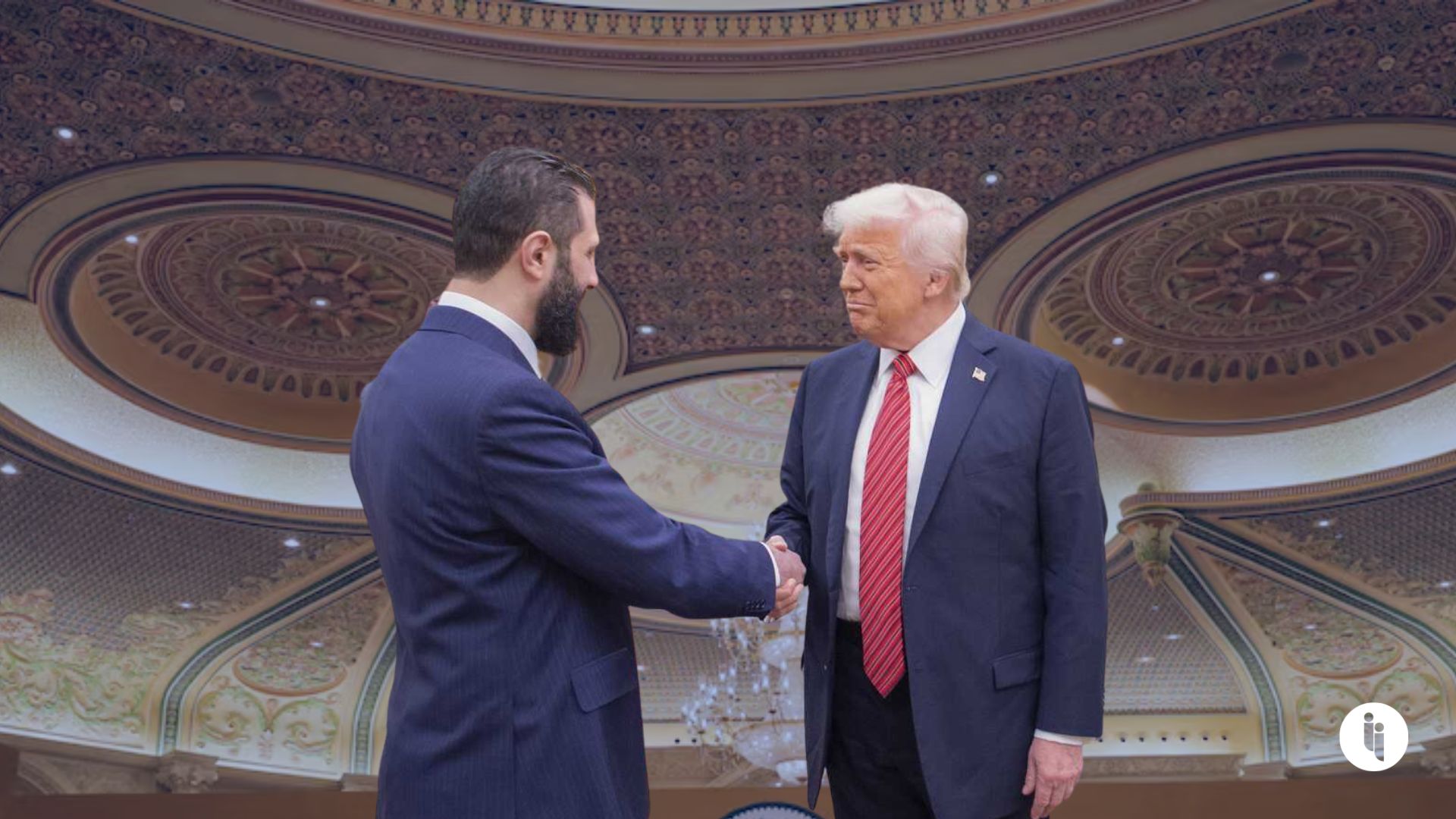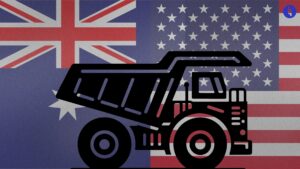WASHINGTON – Syrian social media is now awash with photoshopped red ‘Make Syria Great Again’ hats and AI-generated pics of a Trump Tower in Damascus, as locals rejoice over President Trump’s announcement that he’ll drop all sanctions against post-Assad Syria.
“I will be ordering the cessation of sanctions against Syria in order to give them a chance at greatness…now it’s their time to shine,” he announced on the Saudi leg of his Gulf trip, bringing folks to their feet in a standing ovation.
Why?
Stay on top of your world from inside your inbox.
Subscribe for free today and receive way much more insights.
Trusted by 145,000+ subscribers
No spam. No noise. Unsubscribe any time.
For Syria’s al-Sharaa, this means…
- A revived economy (thawing Syria’s assets, currency, and investor confidence)
- A chance to rebuild infrastructure (folks there only get a few hours of power a day), and
- Normalised ties with a superpower, sending a powerful signal to everyone else.
Trump later made the remark, “Oh, what I do for the [Saudi] crown prince!” which suggests a) this was partly a favour to the Saudis, and b) the US probably asked for something in return. Leading us to…
For America’s Trump, this means…
- Another Abraham Accords win? Later aboard Air Force One, Trump suggested Syria’s al-Sharaa will eventually recognise Israel (though details remain TBC).
- US troop withdrawal? Trump has wanted to get US troops out of Syria since his first term, but he needs al-Sharaa to work with Syria’s US-backed Kurds (the SDF) and help them contain ISIS — al-Sharaa signed a deal with the SDF back in March.
- Boxing out Iran and Russia? Full re-engagement with Syria helps the US keep the pro-Assad Iranians out, and could also curb Russia’s attempt to continue its presence.
- A friend in Erdoğan? Al-Sharaa seized power with help from neighbouring Turkey, whose President Erdoğan now arguably has the most at stake (economically, militarily, and strategically) in al-Sharaa’s success. So this big Trump announcement is also a major win for Erdoğan.
But of course for every winner, there are others wishing al-Sharaa and his merry band, who’ve variously dabbled in jihadism, weren’t suddenly being elevated to global standing.
- Israel has continued to accuse Syria of persecuting the Druze minority, partly using that as justification to hit Syrian targets and push further into the Golan Heights. So Netanyahu will now be peeved at Trump a) skipping Israel this trip, and b) instead legitimising the same guy he’s just spent a month warning against.
- Iraq is no fan of al-Sharaa either, for reasons spanning theology, history (he did time in Iraq’s infamous US-run Camp Bucca prison), law (there’s still an Iraqi warrant for his arrest over terrorism), and geopolitics (he pulled out of this weekend’s Arab League summit after several Iraq-aligned Arab states objected).
- Even in the US, you’ll recall that players like Trump’s spymaster (Gabbard) don’t buy al-Sharaa’s story of jihadi-turned-statesman.
Anyway, that’s why Trump’s big announcement is behind some big emotions right now.
Intrigue’s Take
We flagged earlier this week that the Saudis really wanted US nuclear tech and maybe another big US defence deal, but the crown prince (MBS) seems to have bagged neither.
One thing he did get, however, was Trump’s big Syria announcement happening on Saudi (rather than Qatari) soil. The prince will be chalking that up as a win, not only because of his own security and economic interests in a thriving Syria, or even any poetry in al-Sharaa’s own Saudi birth (like lots of Syrian elites) — but also because of how it quenches the crown prince’s ambition to be the region’s power player, while also helping him further box out long-time regional rival, Iran.
But we also wonder whether Trump’s decision to give the Saudis this particular win might’ve been in hopes that Syria potentially recognising Israel and joining the Abraham Accords might ease the way for the ultimate foreign policy prize of all: the Saudis doing so next (maybe in return for that US nuclear tech after all). In the Middle East’s ultra-competitive game of influence, nothing comes for free.

